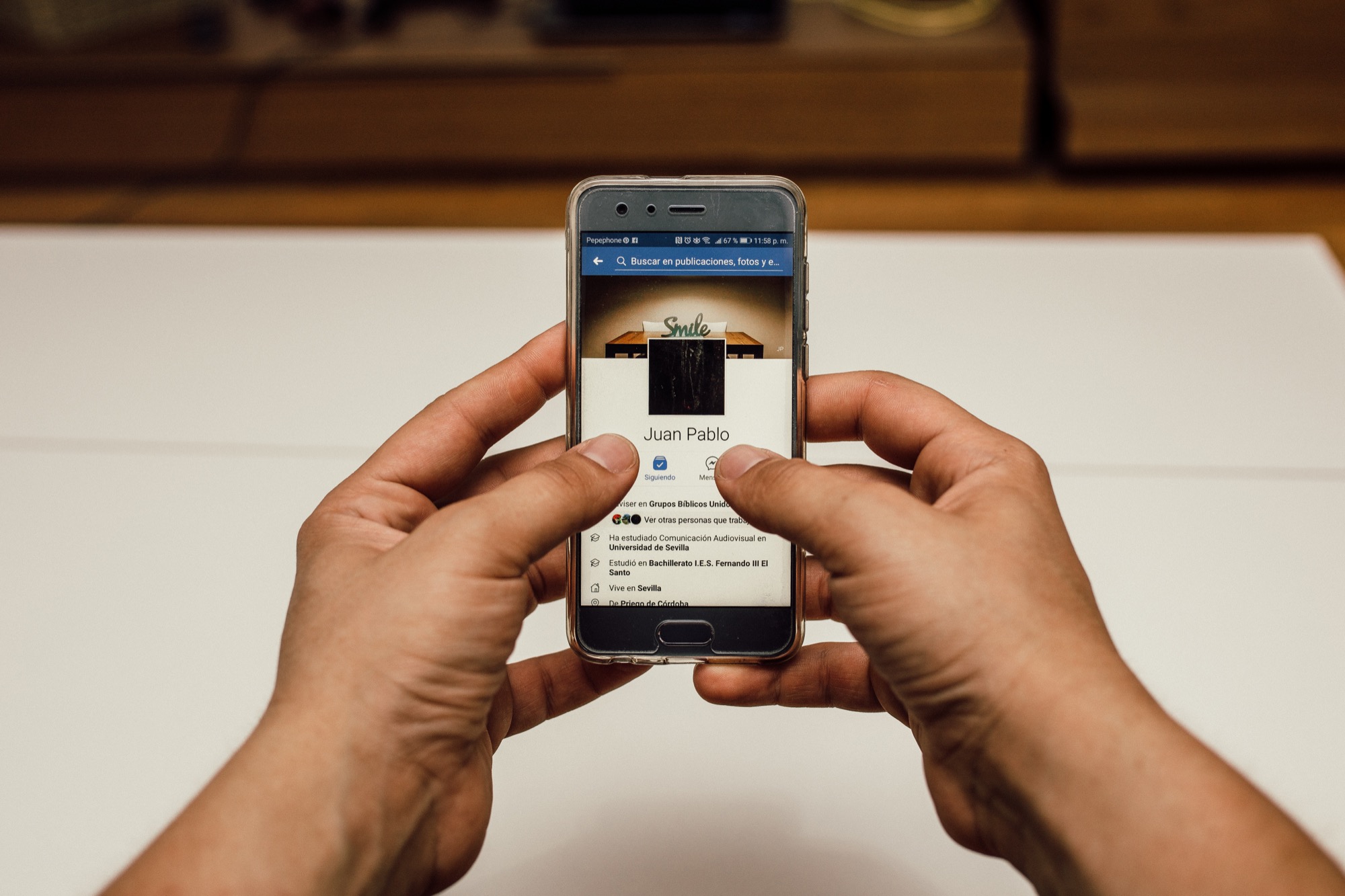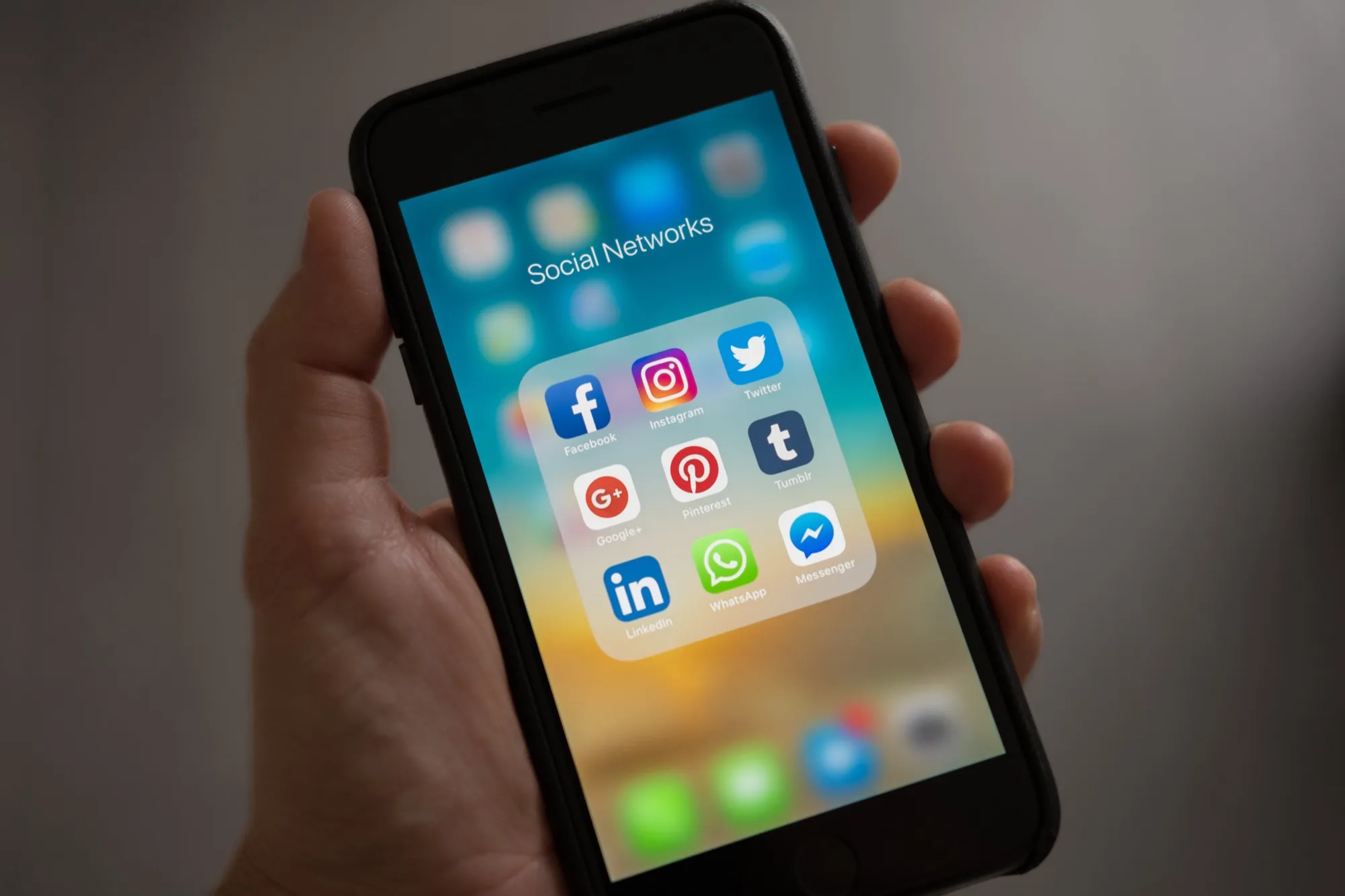Love it or hate it, Facebook has become an integral part of many people’s online lives. One way you might be able to improve your social media experience is to look at Facebook’s Lite app (available for Android and iOS). Both the primary Facebook and Facebook Lite apps offer all the main features of Facebook, but the later version is designed to use less network data and will work well on low-end devices. We look at both applications to see which is best for you in this Facebook versus Facebook Lite battle.
Facebook Lite
Features
Let’s start with the features of each application. Both Facebook and
While we had trouble finding any stark feature differences between the apps, new features are more likely to land on the primary Facebook app; thus, the primary app will be your best bet if you want the most out of
Winner: Facebook

Mobile Data
One of the primary selling points of Facebook Lite is its emphasis on using less data and working well on all networks, including 2G, which is considered one of the slowest networks available for data. The standard
Facebook Lite is an excellent option for areas where high-speed networks aren’t available or for users looking to minimize the amount of data used on their cellular plans. As a result, when it comes to Mobile Data,
Winner: Facebook Lite
Storage
Facebook Lite is a perfect option for devices with low storage space. In our testing, we downloaded both the
With smartphones offering up to 1TB of built-in storage, the point may seem moot to some, but for smartphones low on internal storage, where every bit and byte matters, Facebook Lite is a clear winner.
Winner: Facebook Lite
Availability
The primary Facebook app is available everywhere
Winner: Facebook
Overall winner
With our comparison articles, it’s always nice to have a clear winner, but the prime choice is based on several criteria when it comes to Facebook’s available apps. The primary Facebook app will be the best bet for most individuals, as it is widely available and allows you to access everything that
Editors' Recommendations
- The best Samsung Galaxy Watch in 2024: Which one should you buy?
- Everything you need to know about the massive Apple App Store outage
- The best Motorola phones in 2024: which one should you buy?
- How to know if someone blocked you on WhatsApp
- Are Facebook and Instagram still down? Here’s what we know



